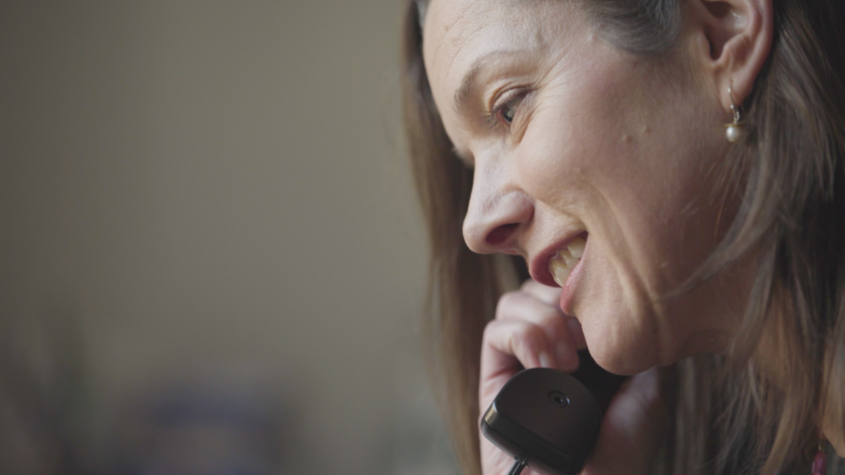It is natural to find it hard to deal with the news that you are approaching the end of your life. You may have lots of different emotions.
Who can support me?
It’s ok to ask for help. You don’t have to face it alone.
Your healthcare team may be able to provide emotional support as well as medical care. You may see a palliative care team, who can provide emotional support to you and your family. Read more about palliative care.
You can talk to someone about your beliefs or spirituality. Some people find it helpful to speak to a chaplain. They have links to all faith groups, either religious or non-religious. Most hospitals and hospices have a chaplain. Or you may wish to speak to your local faith leader.
Hospices, charities and local cancer centres, like Maggies, can provide free emotional support. For example, they may run group sessions where you can meet other people with cancer. Some, like Marie Curie, can also offer free emotional support at home. Ask your GP or nurse about any local services.


